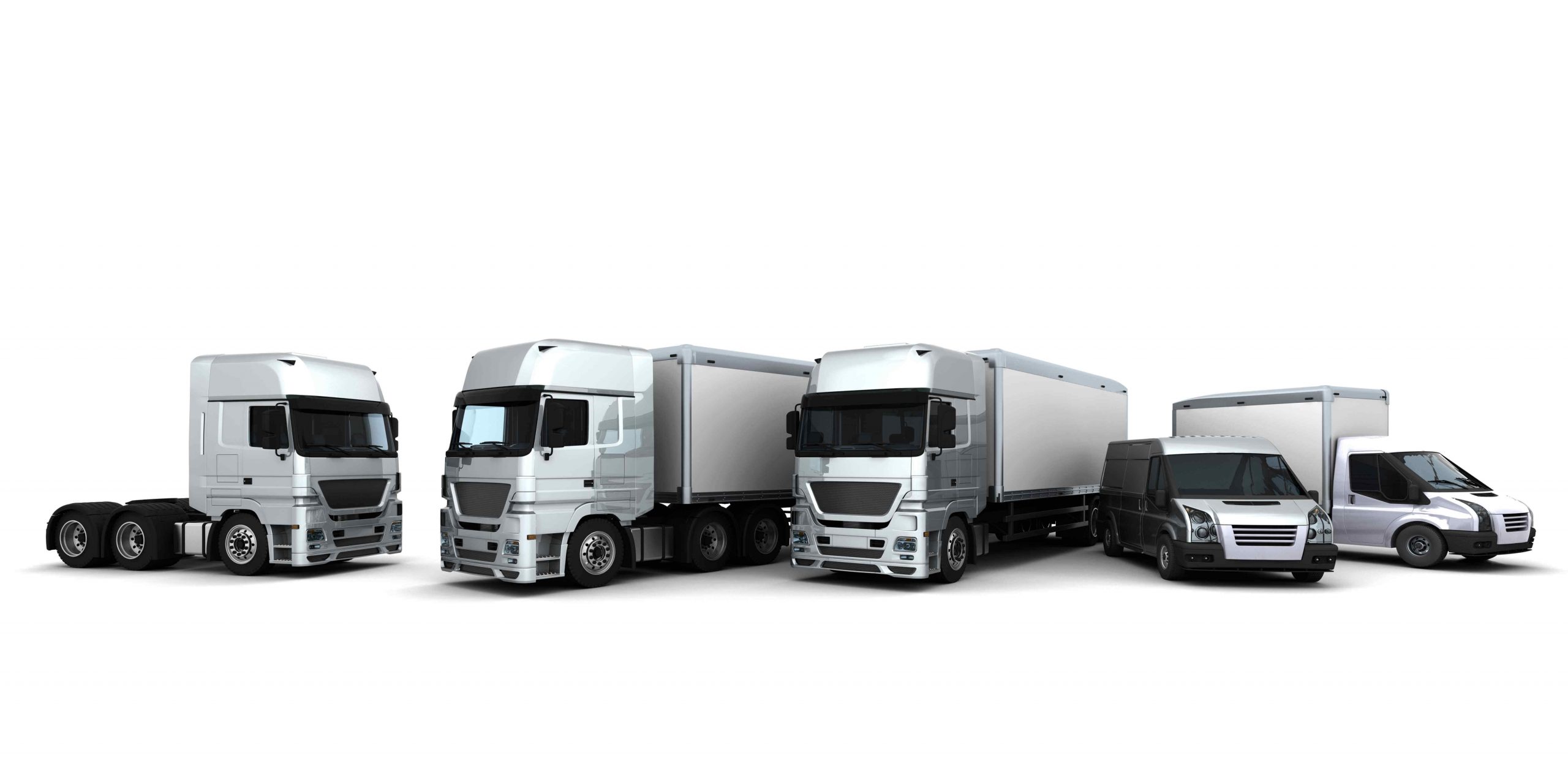Buying A New Fleet Of Business Vehicles: A Guide
5 Mins Read
Published on: 27 February 2025
Last Updated on: 03 March 2025

toc impalement
Purchasing a new fleet of business vehicles is a significant investment that requires careful planning and consideration. Buying a fleet of vehicles can be a major decision as your business operations may depend on it.
Thus, it requires careful consideration of the factors as it affects the buying decision.
Such a decision is expected when expanding your business, starting fresh, or replacing outdated vehicles. Selecting the right fleet of vehicles can impact the operational costs, company efficiency and long-term success.
The following article looks at the different considerations that you must look into before making the purchase. Go through the sections in this guide and you’ll find it easier to make the decision.
Key Points To Consider When Buying Fleet Vehicles
Buying fleet vehicles requires great consideration and thoughtful planning as it takes up a major part of the budget. When purchasing vehicles for business, it can mean a group of cars, trucks or other vehicles depending on the company use.
There are several factors that play into the final decision and the following list contains all the key points that matter. Check it out:
Assess Your Business Needs
Buying fleet vehicles can be the best decision you make for your company operations and success. However, before you make the purchase, assessing the business needs is an important consideration.
This evaluation will help you make a better decision when it comes to making a significant investment like this. Check out the following:
- The type of vehicles required (cars, trucks, vans, or specialty vehicles)
- The frequency and distance of travel
- Fuel efficiency and environmental impact
- Storage and cargo capacity
- Safety features and compliance with regulations
Understanding your operational requirements helps pick the right vehicles that will serve the best purpose. This requires a thorough consideration of the business objectives you want the purchase to meet.
Set a Budget
Buying fleet vehicles can be a significant investment which requires serious budgeting! As vehicles with good to high performance can be costly, allocating a budget is important.
You must consider the upfront costs and long-term expenses, such as:
- Vehicle purchase price
- Financing options
- Insurance costs
- Fuel expenses
- Maintenance and repair costs
- Depreciation
Leasing might look like a better option, but there are several long-term cons of that decision. Read on to find out how buying fleet vehicles can be a beneficial decision for your company.
Research and Compare Options
Once you have a clear understanding of your needs and budget, start researching available vehicle options. Compare different brands, models, and features to find the best fit for your business. Look at:
- Reliability and durability
- Manufacturer warranties and service plans
- Resale value
- Customer reviews and industry ratings
Consider working with fleet management professionals or vehicle dealers who specialize in business fleets to get expert recommendations.
Consider Financing and Leasing Options
Decide whether to purchase your fleet outright, finance it through a loan, or lease. Each option has its pros and cons:
- Purchasing: Provides full ownership but requires significant capital.
- Financing: Allows you to spread out costs over time but may include interest charges.
- Leasing: Offers lower monthly payments and flexibility but lacks ownership benefits.
Evaluate which option aligns best with your financial strategy.
Ensure Compliance with Regulations
Business vehicles must meet local, state, and federal regulations, including:
- Emission standards
- Safety requirements
- Licensing and registration
- Tax and insurance obligations
Stay informed about regulatory changes to avoid legal issues.
Plan for Maintenance and Fleet Management
A well-maintained fleet ensures efficiency and longevity. Develop a maintenance plan that includes:
- Regular servicing schedules
- Tire and brake inspections
- Oil changes
- GPS tracking for monitoring usage and performance
Investing in fleet management software can streamline operations and enhance cost-effectiveness.
Arrange Vehicle Transportation
Once you’ve purchased your fleet, getting them delivered safely to your business location is crucial. If you’re purchasing vehicles from different locations, consider using vehicle transportation in Kansas to ensure a smooth and reliable shipping process.
Professional transportation services can help you avoid delays and potential damages during transit.
Train Your Drivers
Your fleet is only as good as the people operating it. Provide training on:
- Safe driving practices
- Fuel-efficient driving techniques
- Vehicle maintenance tips
Driver education reduces accidents, improves vehicle longevity, and enhances overall efficiency.
Monitor Performance and Optimize Usage
After your fleet is operational, continuously track performance metrics such as:
- Fuel consumption
- Maintenance costs
- Route efficiency
- Driver behavior
Use this data to make adjustments and optimize fleet utilization.
Benefits Of Buying Fleet Vehicles
When in doubt if you’re making the right decision about buying fleet vehicles instead of leasing it, you can consider the following benefits:
- Control due to full ownership which allows greater flexibility in vehicle usage and customization.
- Brand visibility increases as you use the vehicles to display your brand. No matter if you use it for operations or employee convenience, with your branding on the vehicle you improve your brand recognition.
- Tax advantages for the company! Depending on the location, you can gain tax benefits for the fleet purchases.
- Efficient operations as the company does not have to rely on other service providers to book vehicles when needed. Buying fleet vehicles is critical for making deliveries or completing jobs on time.
- Making the purchase can be cost-efficient for the business in the long run. This is one of the biggest pros of buying fleet vehicles as it saves the changing cost on renting. Despite the initial high investment, it can be lucrative for the business if you plan to keep the vehicles for many years.
- No restrictions on mileage unlike with rentals that make it difficult for complete use of the vehicle. Because you own the assets, it can appreciate in value over time with proper maintenance.
These are some of the top benefits of buying fleet vehicles which are worth considering instead of going for rentals. The purpose of use and duration of requirement play an important role in the decision.
Wrapping It Up!
That was all about buying fleet vehicles and making the right business decision when considering a major investment. The article talks about all the important factors that you need to consider when buying a group of cars or other vehicles.
The article also discusses all the key points that you must consider while making the decision to ensure you have the right vehicle. No matter if you are thinking of buying the vehicles for operations or employee benefit, it is important that you consider these factors.
This ensures your business is optimizing its budget as needed while still providing the necessary resources for employees and operations. Be sure to follow the guide closely and keep things optimized.
READ MORE:


















Comments Are Closed For This Article